Rembrandt, The Anatomy Lesson of Dr. Nicolaes Tulp, 1632, oil on canvas, 169.5 x 216.5 cm, (Mauritshuis, Den Haag
Recently came across a piece reflecting on what readers would recognize as the collapsing House of Lies. It was looking at specific effects, not the deeper structures, but the perspective holds. This isn’t a criticism. I tend to notice large pattern trajectories, but am less sharp with details and specific manifestations. I rely on others who are better at that who have proven reliable over time. It’s symbiotic. And why pieces are shared that enrich the general themes of the post.
It included an observation that’s coming up more often lately. The idea of a crisis in confidence or loss of faith in experts or expertise as commonly understood.
Most readers will be familiar with examples. The loss of “expert” authority is a correct observation, meaning it accurately describes what’s happening. There are a lot of reasons for this. Covid blew up confidence in health, science, and education at the same time by demonstrating that their [fields of expertise] are not their driving priorities. Willingness to bury truth for gain, whether ideological, financial, or other is antithetical to area expertise. NPCs do need direction, but basic zeitgeist can do that. Note how for most of history, people had no trouble internalizing pro-social patterns. The slow inversion of “college” coming home to roost is another. As is collapse of mainstream media viewership. It’s easy enough to see.
Discernment exercise. Break down the false reasoning.
Pull back though. The House of Lies thrives on slipping toxic assumptions under its seeming admissions. So that even an apparent concession subtly reinforces the larger inverted frame. Consider the problem - “losing faith”. Faith is a category error here. It is a legitimate form of knowledge, but like any source of knowledge, has appropriate domain. Faith comes in when things aren’t clear empirically or logically. But when those more immediate tools apply, you have to go to them. Like measuring or believing when you want to know the volume of a glass.
This is relevant because expert isn’t a faith based term.
Expertise is proven, not granted. You are an expert because you demonstrate expertise. Observably knowledgeable, skilled, experienced, whatever, but observably. It can be trusted in advance, but it is not known by faith. It ultimately is or isn’t, by the fruits. To claim expertise without having it is lying. If something is broken, no one cares what the fixer calls themselves if they can’t fix it. On that level, it’s akin to the beast obsession with self-identifying as factually unrelated things. There are times when subjective impressions are important. Just not in domains where objective facts are the measure.
The process is the same as the credentialism inversion the Band has written on.
The point of a credential is to save time vetting someone. They’re supposed to represent a skill or knowledge floor that the holder can be assumed to have. There’s countless models, but all involve some sort of testing, assessment, or qualifying as proof. The chit itself is worthless without that objective component. I know nothing about candy making, and stealing a master chocolatier’s certificate wouldn’t change that. Hiring me would be a disaster either way. Clown World inverts this logic. Credentials are awarded without consideration of knowledge or skill, but the beast system pretends they do. Magic paper holders are slotted in for skilled practitioners in vital situations - at least until failure to perform kills the host.
The college posts fit here. Taking something that represented an intellectual baseline, giving it to people that don’t meet that standard, feigning surprise when it doesn’t connote the same thing in reality. Deficient IQ doesn’t just mean not understanding specific concepts. It prevents the conceptual framing that allows concepts to be vetted for quality of fit with material reality.
If we want to get really broad, it’s an artifact of language use. What the Band calls representational filtering. The basic human reality that we have to use systems or representation to communicate or develop ideas. And that the thing we “see” isn’t the thing we’re referring to. It’s so obvious it sometimes needs pointing out for awareness of the implications. Put simply, word != referent.
One is a string of letters forming words, the other is a 3d receptacle made of glass or somesuch. Obviously this is a picture and not a real glass. But that isn’t the same as words either. The represent similar things, but look totally different.
Obviously languages are arbitrary on the choice of symbols level. But once set, there does have to be some consistency or else the system couldn’t be understood. Not total consistency. We can’t maintain abstract perfection over time and language has to be able to evolve. But enough so words have agreed upon meanings we can refer to. So consistency in language correlates to representative precision - how clearly it can convey something.
A credential is just an official “term” of a sort. The dictionary meaning equivalent being the skill set or body of knowledge accredited by someone with reliable judgment. And like any symbol, its meaning - its value - comes from consistency. How reliable is it as an indicator of demonstrable ability. You know what’s utterly irrelevant? The typeface on the paper.
For it’s part, “expert” is a word that means advanced skill or knowledge. Accurate credentials make identifying experts easier. Conferring a credential or claiming expertise without the skills represented does signify things. Just not what is claimed. Here’s a couple.
1. Liar
2. Useless
It’s the familiar world of word magic. Claiming I can do things I can’t = useless liar.
John W. Burgess, Burning the Midnight Oil
But what if everyone pretends I am the specialist I falsely claim to be. Place me at the garage and viciously persecute anyone who points it out. Eventually cars grow less reliable. And if ignoramuses continue to replace automotive workers, cars disappear altogether. Reality can’t stop us from lying. But it does prevent those who can’t from doing what they claim. Leaving a choice. Return to empirically objective ability or surrender the capacity advanced culture. Screaming the lies until civilization runs out of momentum changes nothing (source: the modern West).
Yoram Wolberger, Blue Cowboy No. 1 (Gunslinger), 2006, reinforced cast fiberglass composite and pigmented resin
So back to the losing faith in experts. What happened is that the practical meaning of “expert” changed from [someone with advanced knowledge or understanding] to [dull-witted and/or corrupt liar dancing for psychopaths]. And now, the individual termites in the House of Lies who made hay from this inversion are noticing their word magic is collapsing and taking their appeal with it. “Restoring faith” is a category error when logical or empirical verification are on the table. Give us actual experts and the problem goes poof.




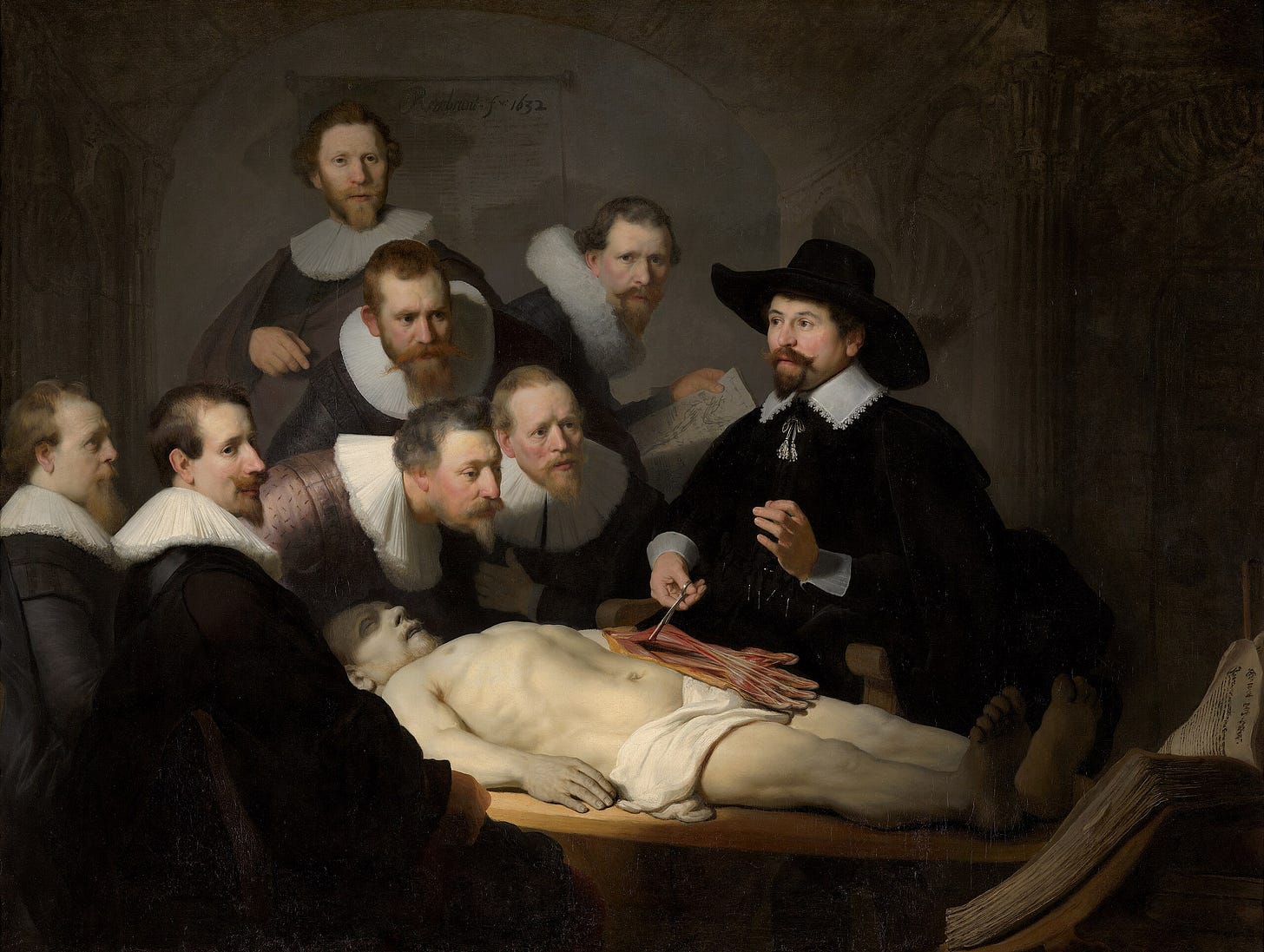
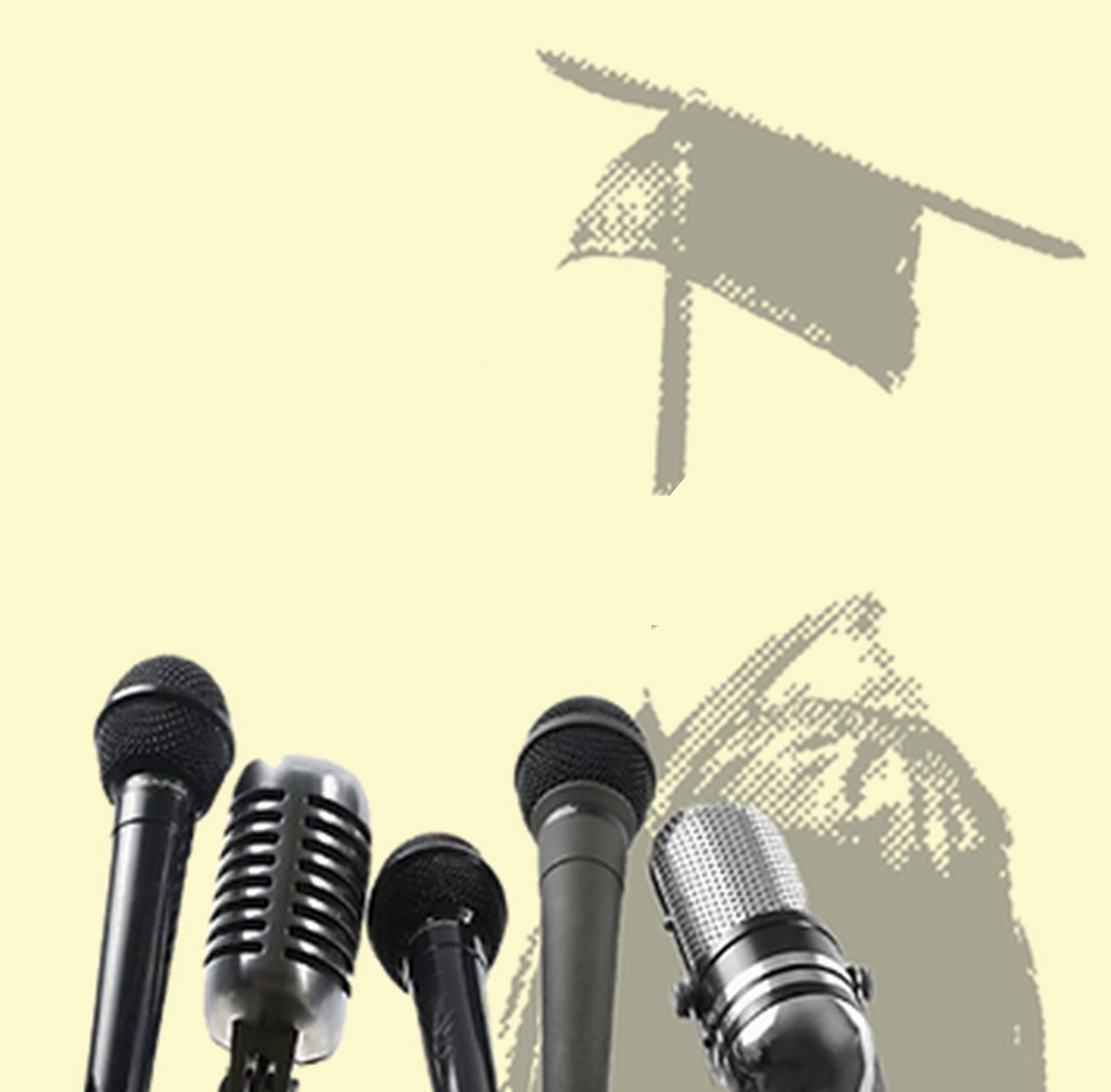
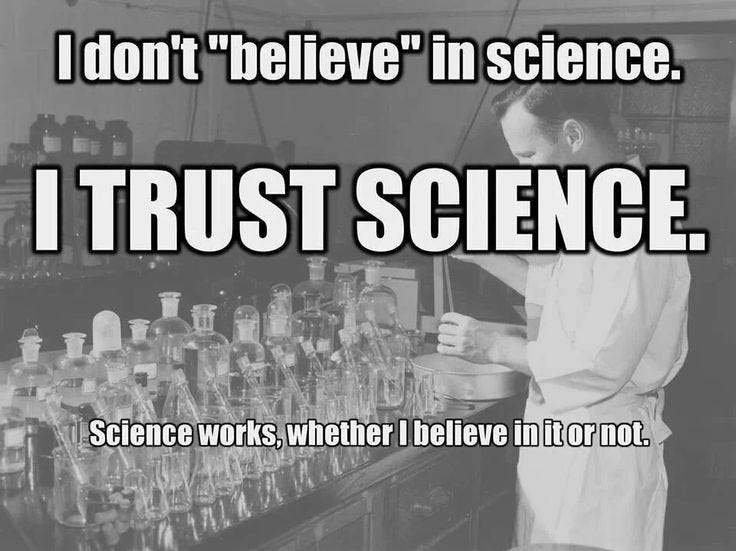
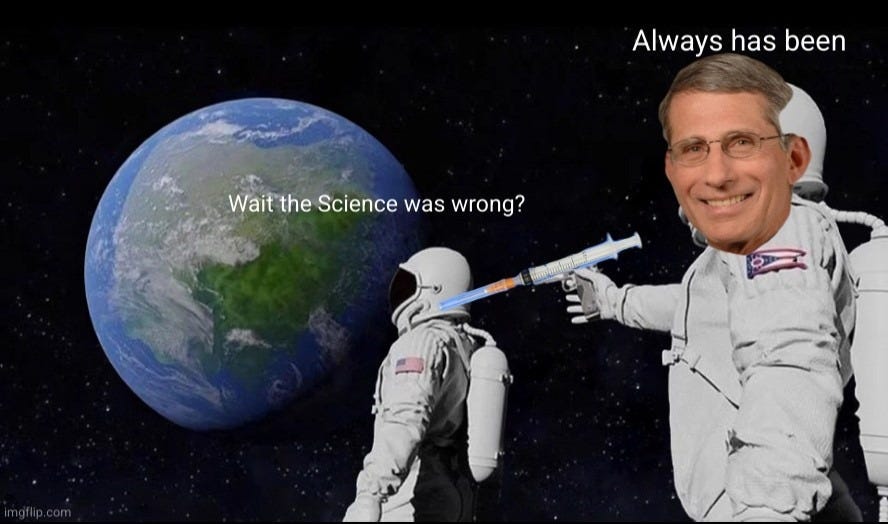

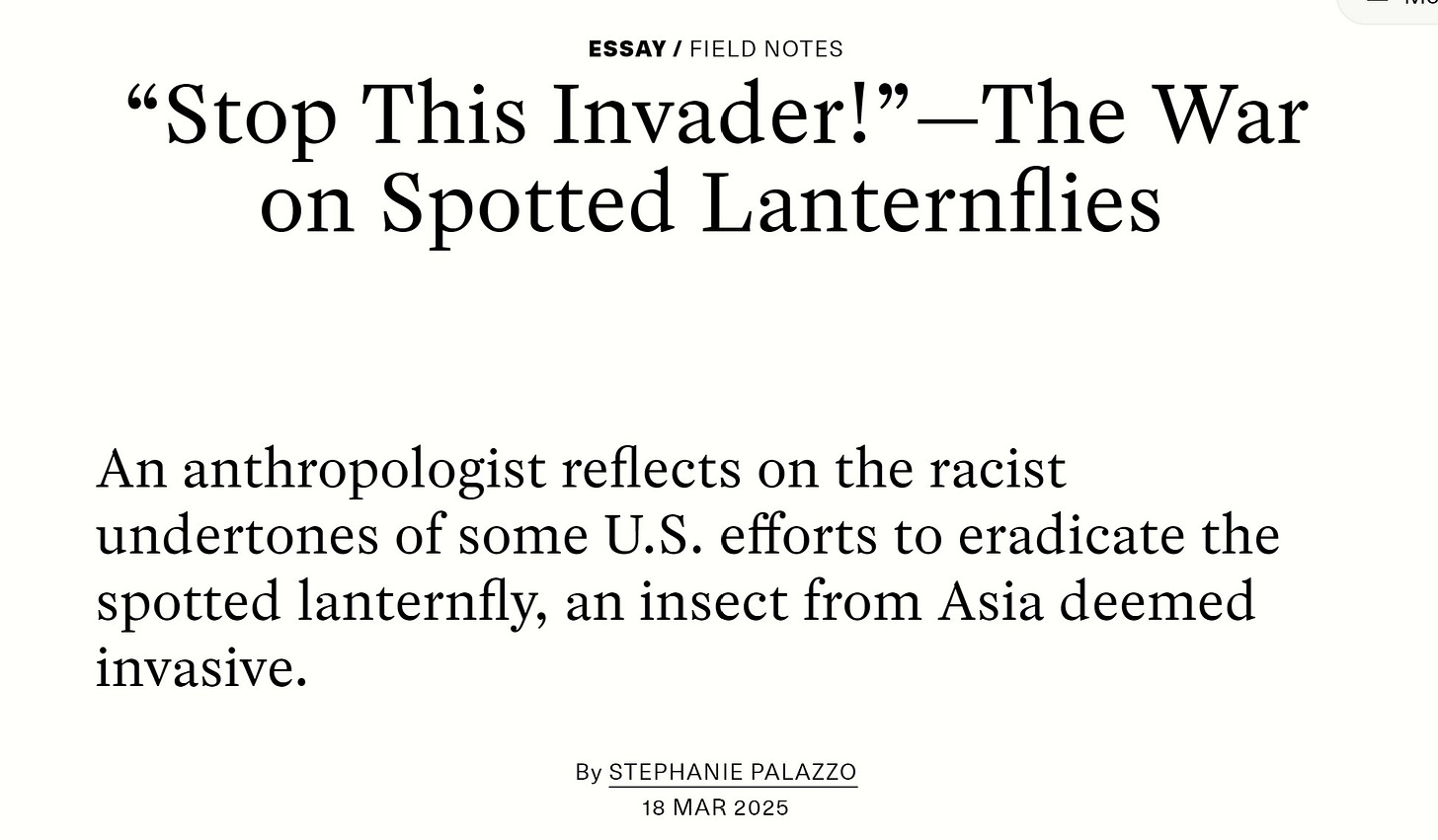

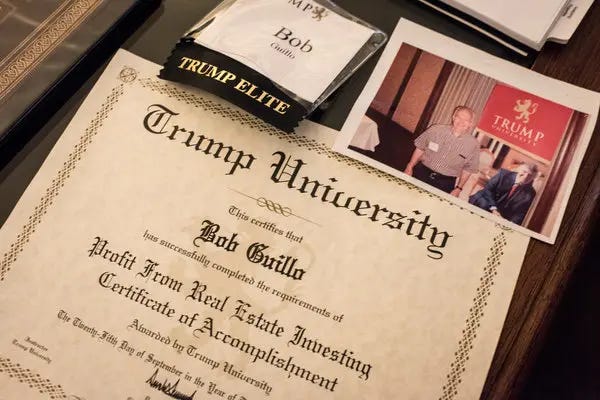
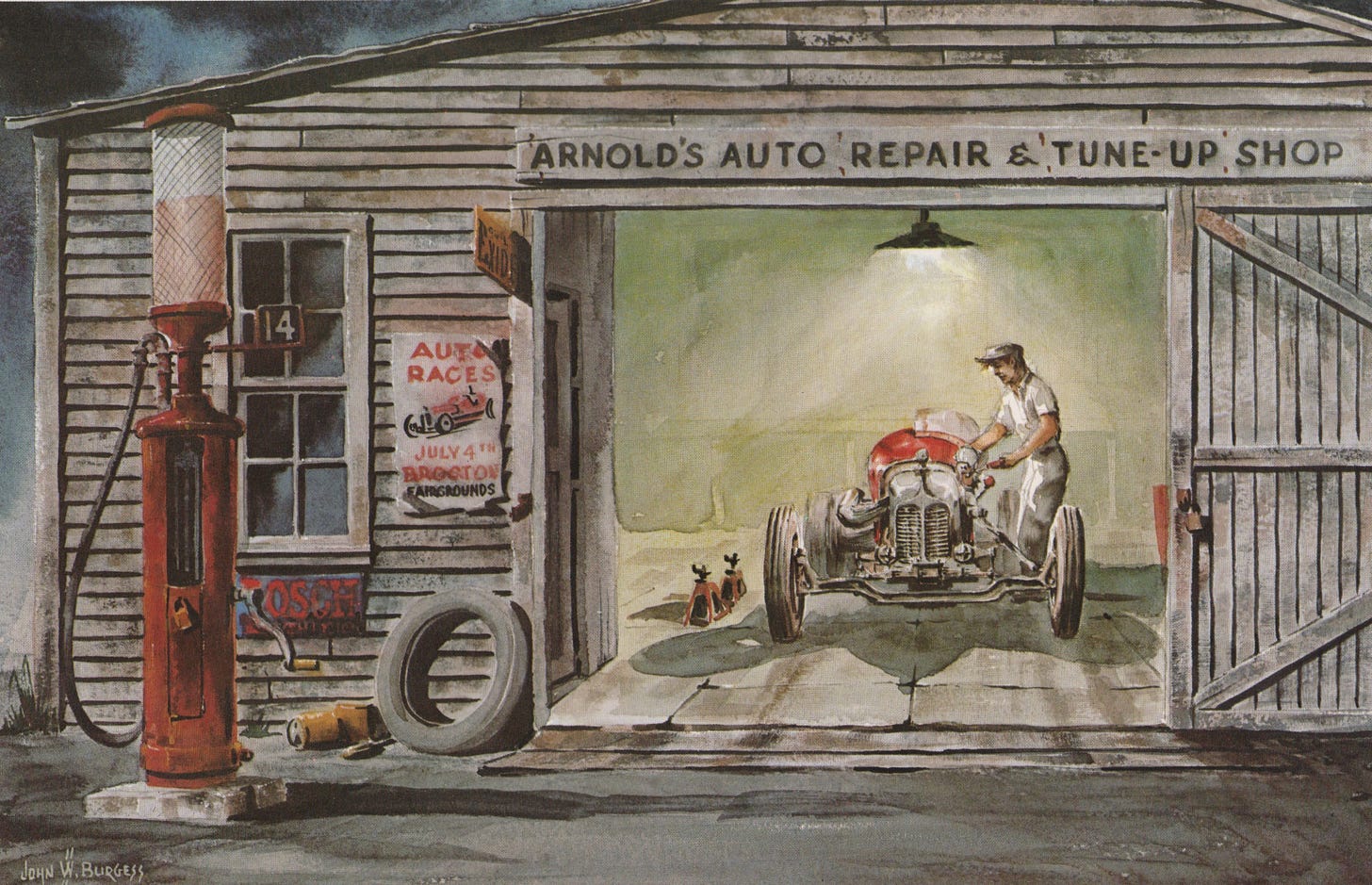


Give us actual experts, indeed.
The return to distrust will require experts to prove it.
Good.. either the system will facilitate this or it will die.
So funny that you wrote this so soon after YT suggested an Andrew Huberman video to me: Restoring Trust in Science and Health. Were you inspired by that thing, or just coincidence?